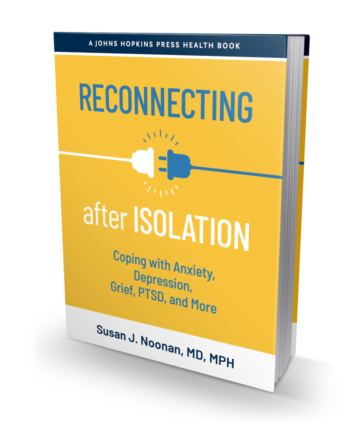Recently I’ve experienced a fair amount of change in my life and I thought that this would be a good time for us to think about change and how it affects us. Change is a fact of life, inherent in the human experience as our circumstances evolve. Sometimes change is experienced as an inconvenience or hassle. Most of us don’t really like it, but as mature adults we learn how to accept and adjust to it. Sometimes life throws us a curve ball we must learn to navigate. It can feel disruptive and be a challenge. Others of us have a very difficult time when things shift around, and although we may not like it we have to plow through and adapt anyway.
Change can be minor and achievable or major and quite impactful, and it can be a positive or negative experience. It could be as simple as having to find a new commute to work or school; a new location and contact info for an important person in your life; experiencing the end of a relationship or friendship (partners, friends, family members, work colleagues, health care providers, legal or financial advisors, teachers); finding a new health club or dry cleaners because yours just closed; starting a new job or school, or a reorganization of those activities; getting used to a new electronic App or computer system; or adjusting to any type of loss.
Sometimes a change in our lives can be uncomfortable, anxiety provoking or even scary, disruptive to our daily routine or cause distress and psychologic pain. It can feel risky, create a sense of uncertainty and anticipatory fear of the unknown and the unfamiliar. By nature we are creatures of habit and often feel most comfortable maintaining the safe and familiar routines and patterns that make up our lives. This is true even when we know deep down that keeping things as they are may not be in our best interest, for example if we avoid physical exercise or use tobacco or excess alcohol despite the known health risks; unhappily stay in a dead-end but familiar job or relationship; or socialize with those long-term friends and family members who have a toxic effect on us.
For me, and for many of you, some changes we make are by choice, well thought out and intentional, such as when we consciously choose to adjust our routines, patterns, thoughts and behaviors or when we’re working towards a desired goal – eg, modifying our dietary habits for weight loss or exercising to train for and complete a 5K race. However, some of life’s changes may be unplanned and unexpected and throw us off balance for a bit, until and unless we adjust and adapt. Most of us are able to deal with and manage one thing changing at a time, using our resilience skills, but life doesn’t always work out that way. I’ve learned that it’s the cumulative effect of multiple changes, large and small, that can feel overwhelming and has the greatest impact on our sense of stability.
Let’s think about the ways most of us react to change in our lives. Some people may try to deny it, avoid it, resist or fight it, or make attempts to control it, striving to get back to where things were before the distressing event or situation. How well has this worked for them? I’d guess that the answer is ”not very well” and it may worsen the person’s experience, adding a sense of fear, uncertainty, increased stress, anxiety and fatigue or exhaustion.
The most effective way to deal with change in our lives is when we accept it and try not to fight it. And then we find a way to adjust, adapt and move on. As humans we crave stability, and that includes stability after a new or disruptive experience that may then lead us to a new sense of “normal”, a new baseline. This takes some effort and getting used to. We all respond to change in our own manner, depending on the nature and intensity of the event and our personal skills and resilience.
How one can not only survive change but thrive through it as well? It requires that we confront and accept the change and the new normal it creates and put our efforts towards problem solving a way to re-establish and achieve a new, revised sense of balance and a new normal. Some ways include modifying our response to new and evolving life events, persons, places, or circumstances; making an effort to do something different or do it in a different way; approaching a problem or a situation from a different angle; revising our thoughts, viewpoints, and opinions; or looking at ourselves from another perspective.
In other words, try to accept and engage with the change, be an active participant in the process and assume a new baseline, a new way of doing things, perhaps a new sense of ourself. We must have the courage to move forward, to come to terms with the old past ways and leave them behind. It’s most helpful if we can identify and focus on those things we can control, let go of that which we cannot control, and understand that adapting to change in life is an ongoing process. Adapting to change also means being flexible, able to respond to altered situations and conditions as they come up. It’s like the wavering palm tree in a tropical storm – able to bend and sway without breaking and return to calm, perhaps with a lost branch or two. And lastly, change requires that we learn to tolerate the uncertainty and unknowns in life, to manage any fears associated with that uncertainty, and be open and adept at adjusting our expectations and ways of thinking, doing and being.
The good news is that adapting to change and being flexible enables us to evolve, to grow as a person. That’s not all bad.
Stay Well!
a version of this article was previously posted on Psychology Today

